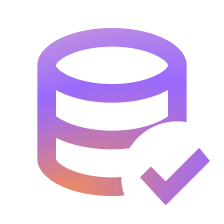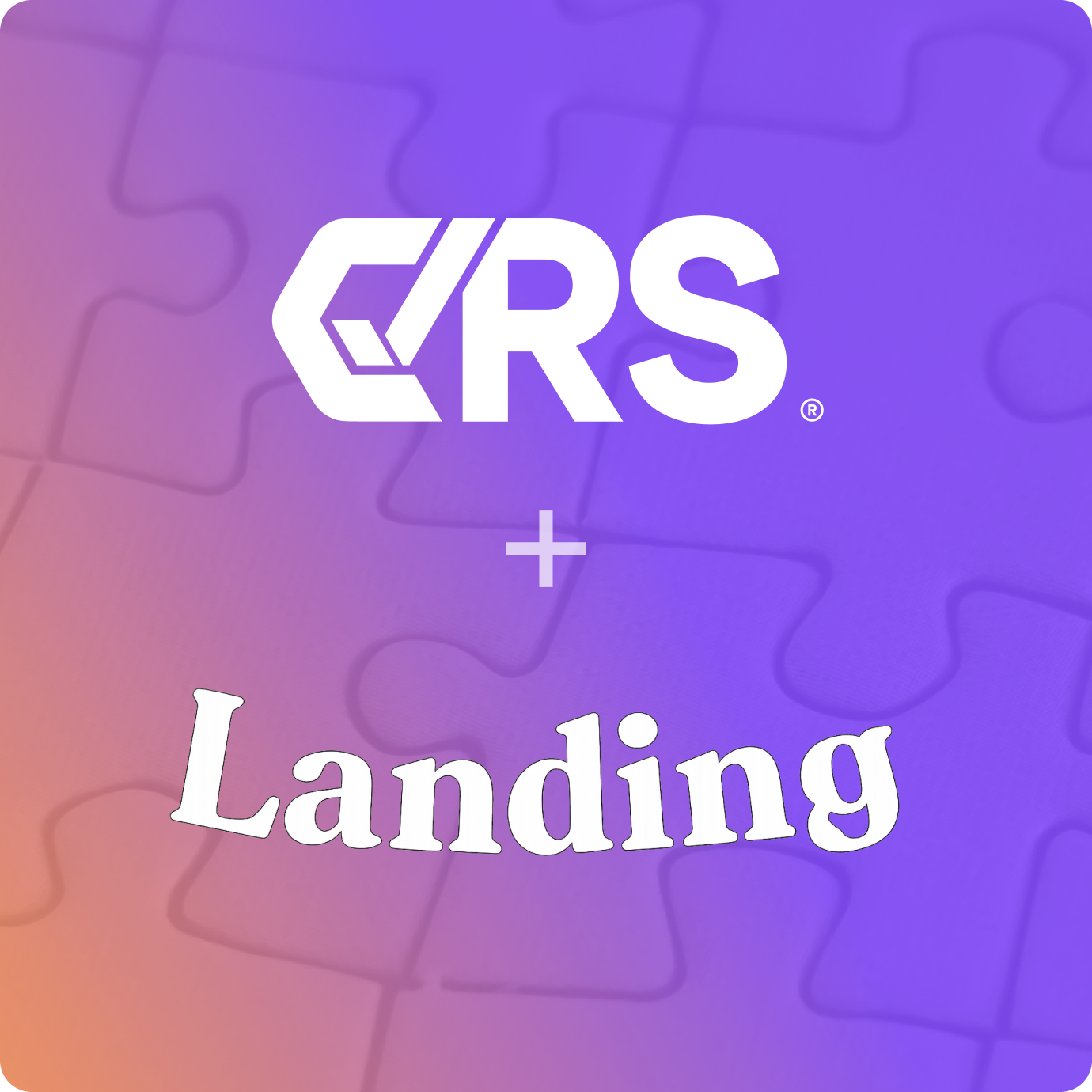Lenders rely on business credit reports to provide a business credit score and help them qualify business loan applicants, mitigate risk, and help them with financing decisions. Commercial credit data is a crucial component of smart business lending and lenders have options on where to get it. The big three credit reporting agencies—Equifax, Experian, and TransUnion—and other leading business data vendors, like Dun & Bradstreet, all provide business credit reports and business credit scores that can be used to assess the creditworthiness of a loan applicant. However, FICO’s Small Business Scoring Service℠ is also rising fast in popularity.
With so many options, how do lenders choose the best set of business credit data for their needs? Each has its advantages and we’re here to help lenders navigate the data to build smart, tailored business credit solutions.
Small business lenders, specifically, are increasingly turning to the FICO SBSS score. Why? Its utilization for SBA loan qualification validates it as a comprehensive and accurate measure of a small business’ credit risk, even more so than other business credit scores. If you are a small business lender, it’s now essential to understand what SBSS is and how this score stacks up against the other credit reporting services.
What is SBSS and why does it matter?
SBSS stands for Small Business Scoring Service℠. This is a product of FICO that is designed to assess the credit risk of small businesses. SBSS scores range from 0 to 300, with a higher score indicating a lower credit risk.
Financial institutions and lenders use SBSS scores to assess the likelihood that a small business will repay a loan. A higher SBSS score indicates that a small business is more likely to repay a loan, which can make it easier for small businesses to get financing. SBSS is also used by insurance companies and vendors to assess the creditworthiness of small businesses.
A higher SBSS score can help small businesses get better terms on insurance premiums and vendor contracts. Note that while a 160 FICO SBSS score is the minimum requirement for SBA loans, most major lenders will look for an SBSS score minimum of 180.
Only lenders who are FICO customers can access this business credit report. The scoring model used in SBSS draws on information from Experian, Dun & Bradstreet, and Equifax.
What types of small business loans can be approved using FICO SBSS?
While there is a range of lenders that use the SBSS score, the Small Business Administration is the most common entity leveraging the score for loan provision. This metric is utilized by the SBA to pre-screen businesses applying for SBA 7(a) loans above $350,000.
Apart from that, the SBSS score may also be used to approve term loans, lines of credit, and vendor financing, commonly in conjunction with other data. Some lenders may use their own proprietary credit scoring models or they may not use any credit scoring model at all.
What factors contribute to the SBSS score?
FICO’s SBSS scoring system is relatively opaque, compared to other business credit reports. FICO uses a “pooled model” in its scoring that’s based on the analysis of millions of contributed small business applications.
In practice, the SBSS score is generated using both commercial data from the business’ payment history and financial statements and data from the business owner or business principal, such as their personal credit history and financial data. This makes it particularly effective in assessing the credit worthiness of small businesses with less of a commercial credit history. In addition, the SBSS score takes into account:
- A business’ assets and liabilities
- The business’ cash flow/revenue
- How long a company has been in business
- Liens and judgments against the business
New companies with no business credit history may have a lower SBSS score because they have no payment history to show lenders. However, they can still improve their SBSS score by building a strong personal credit history and providing lenders with financial statements that demonstrate their ability to repay debts.
So, how can lenders use this score to mitigate risk and improve their lending models?
How does using FICO SBSS for small business financing benefit lenders?
Overall, using FICO SBSS scores can help lenders make more informed lending decisions, increase lending opportunities, lower lending costs, and improve customer service.
FICO SBSS is considered a more comprehensive and accurate measure of a small business’ credit risk than other business credit scores. This reputation is due to the fact that it takes into account the business owner’s personal credit history. For small businesses, the business owner often plays an outsized role in the venture’s success. Lenders that use this score are able to make more informed lending decisions and reduce the risk of financing owners who could be likely to default on their loans.
Lenders that use FICO SBSS can provide better customer service to small businesses by understanding their credit risk and by offering them the right types of loans, loan terms, and offers. By matching small businesses with the best-fit loans, lenders can also potentially decrease the number of loans that default, which ultimately saves money and protects their business.
How to access the SBSS score of a small business
There are a few ways to access the SBSS score of a small business when considering a financing opportunity. To start, the lender will need the business’ name, tax identification number, and date of incorporation. You may also need to provide the business’ financial statements or the business owner’s personal credit history.
Then, there are a few ways to access the SBSS score of a small business. One option is to go directly to FICO. FICO allows lenders to access SBSS scores directly through the FICO® LiquidCredit® Service.
Lenders looking to save time and gain a consultative partner in their search for business credit solutions look to CRS. With an expanding portfolio of business credit data across all credit bureaus—Equifax, Experian, and TransUnion—and other key providers, like FICO, via our industry-leading credit data API, we provide fast access to both consumer and business credit reports. Get FICO SBSS and more all in one place, with CRS industry experts by your side to guide you in crafting the ideal business credit data solution, faster, affordably, and ready to scale. We not only help our customers get the data package they need, but, more importantly, stay compliant while doing it.
CRS’ business credit data solutions are how many small business lenders and commercial lenders alike get business credit reports and business credit scores from various data providers. Mitigate risk by working with the most reliable businesses with data-driven business lending decisions, powered by CRS.
Learn how our all-in-one credit, fraud, and compliance platform could help your lending company improve its decision-making processes:










